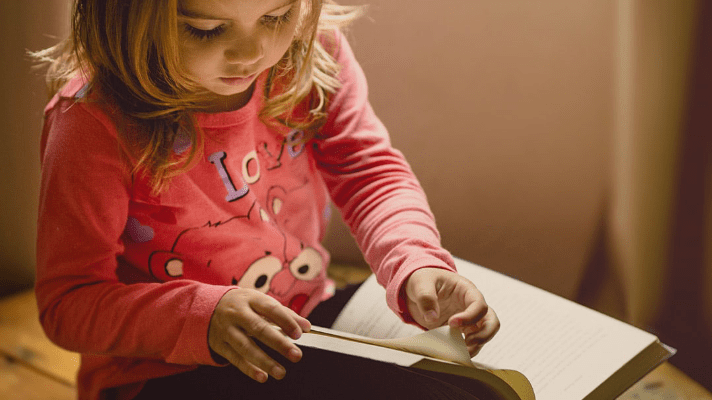
In light of the ongoing COVID-19 pandemic, it’s no surprise that most of us consider our home to be the safest place to be. After all, sheltering in place is one of the most effective ways to slow the spread of the novel coronavirus. But although over 139 million U.S. housing units existed in 2019, that doesn’t mean your house is inherently safe; you’ll need to do your part to make sure your home won’t present the opportunity to harm you or your loved ones. That’s especially true if you have young children in your household. While this isn’t an inclusive checklist of every step parents should take to protect their kids while families stay home, this can serve as an essential reference when preparing for the summer with your kiddos.
Watch Out For Water
Water activities can be a great way to cool off, but they also present some inherent dangers. You may have already purchased an inflatable pool or you might have access to other water-based activities at home. If you do, you’ll need to supervise your child at all times during these activities and be sure to completely restrict access during the rest of the time. Tragically, children can drown in very shallow water, so it’s essential to stay within arm’s reach of your child any time you’re around water in any capacity. If you have a permanent swimming pool, you should invest in a locking gate.
Forgo Fire Risks
The harsh reality is that a house fire occurs in the U.S. every 86 seconds. Many of these events can be prevented by practicing proper fire safety protocols. For example, you should keep lighters, matches, and other ignitable objects in a secure location. Instead of traditional candles, use electric ones that are powered by a battery. Be sure to install smoke alarms throughout your home (and check them once a month), establish a fire safety plan, teach your child about the dangers of kitchen appliances, and get yourself some fire extinguishers you can have on-hand. You should also go over fire evacuation procedures with your children so they know exactly what to do (or not do) if they hear the alarm go off.
Take Away Trip Hazards
Trips and falls are common household accidents, but they can have more serious ramifications for children and seniors. To prevent falls, you should use non-slip mats on tile floors, install gates around stairwells, relocate cords or rugs that obstruct foot traffic, and secure all doors and windows. Be sure to teach your children to pick up their toys, as well, to prevent falls.
Prevent Accidental Poisonings
Although purposeful poisonings certainly aren’t the most popular form of death, to which most of the 780,000 U.S. police officers working in 2012 would attest, accidental poisonings can certainly take place in your home and hurt your family. Many household products you might use — particularly right now, in an effort to clean and sanitize — can present major harm to your children. Medications can also be extremely dangerous for kids, as can something as seemingly innocuous as dish soap. Products like these should be securely locked away (separate from food and other items!) and kept out of reach at all times. If swallowed, many of these products can be toxic and even fatal.
No parent enjoys thinking about the horrible accidents that could befall their children — especially when those incidents could easily happen at home. But by keeping these tips in mind, you can essentially child-proof your home and keep your kids safe during these uncertain times.

Speak Your Mind